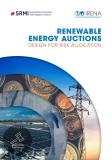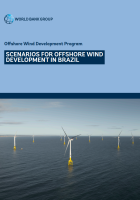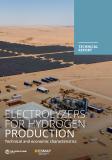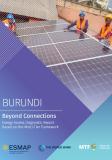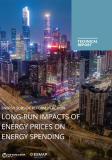Publications
Brazil possesses an abundance of natural resources that contribute to meeting its energy demand. Thanks to a traditional base of hydroelectric power and the more recent development of onshore wind and solar, Brazil enjoys one of the world’s cleanest and most cost-competitive generation mixes. Brazil also happens to have one of the world’s best offshore wind resources.
This offshore wind resource is vigorous, consistent, geographically diverse, and located close to demand centers; all factors that suggest that offshore wind could figure prominently in the country’s long-term energy mix. At the same time, the first offshore wind projects will have a higher cost of generation than onshore projects and require a significant ramp-up in national capacities if Brazil is to compete with established markets in Europe or even new markets in the Americas. This leads to an obvious question: Why would Brazil seek to develop offshore wind at scale when it already has so many options from which to choose? The answer will ultimately be provided by policymakers and stakeholders seeking to chart a long-term path to Brazil’s energy needs while also meeting objectives around climate mitigation, energy security, electricity affordability, and economic development. This report is intended to inform that decision making by outlining the challenges and opportunities associated with different offshore wind development pathways from a technical, commercial, economic, environmental, and social perspective.
Available in Portuguese
ESMAP, World Bank. Offshore Wind Development Program: Scenarios for Offshore Wind Development in Brazil (English). Washington, D.C.: World Bank Group.
http://documents.worldbank.org/curated/en/099071824152541731/P1790301a6fb9702119dfe173210dbb9b56
